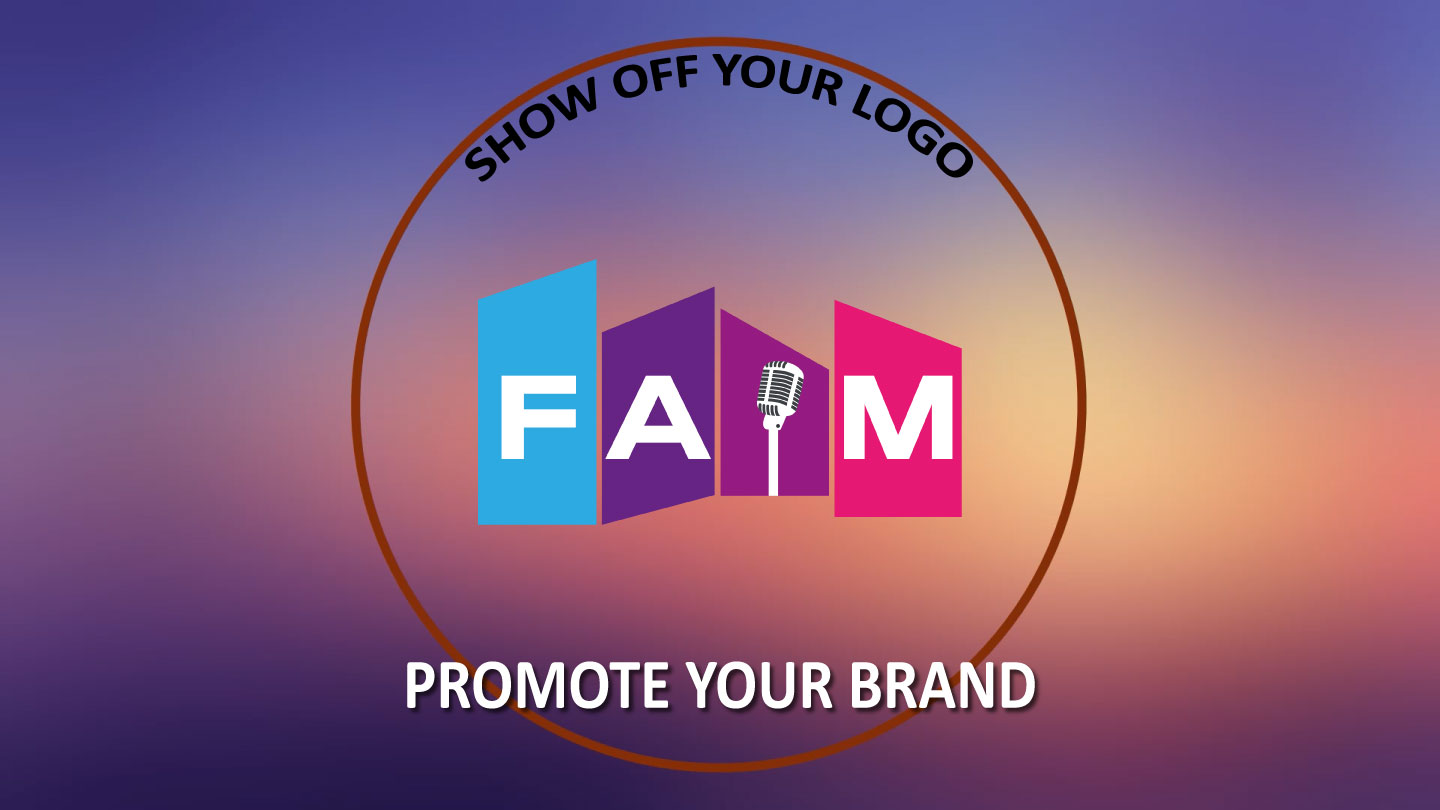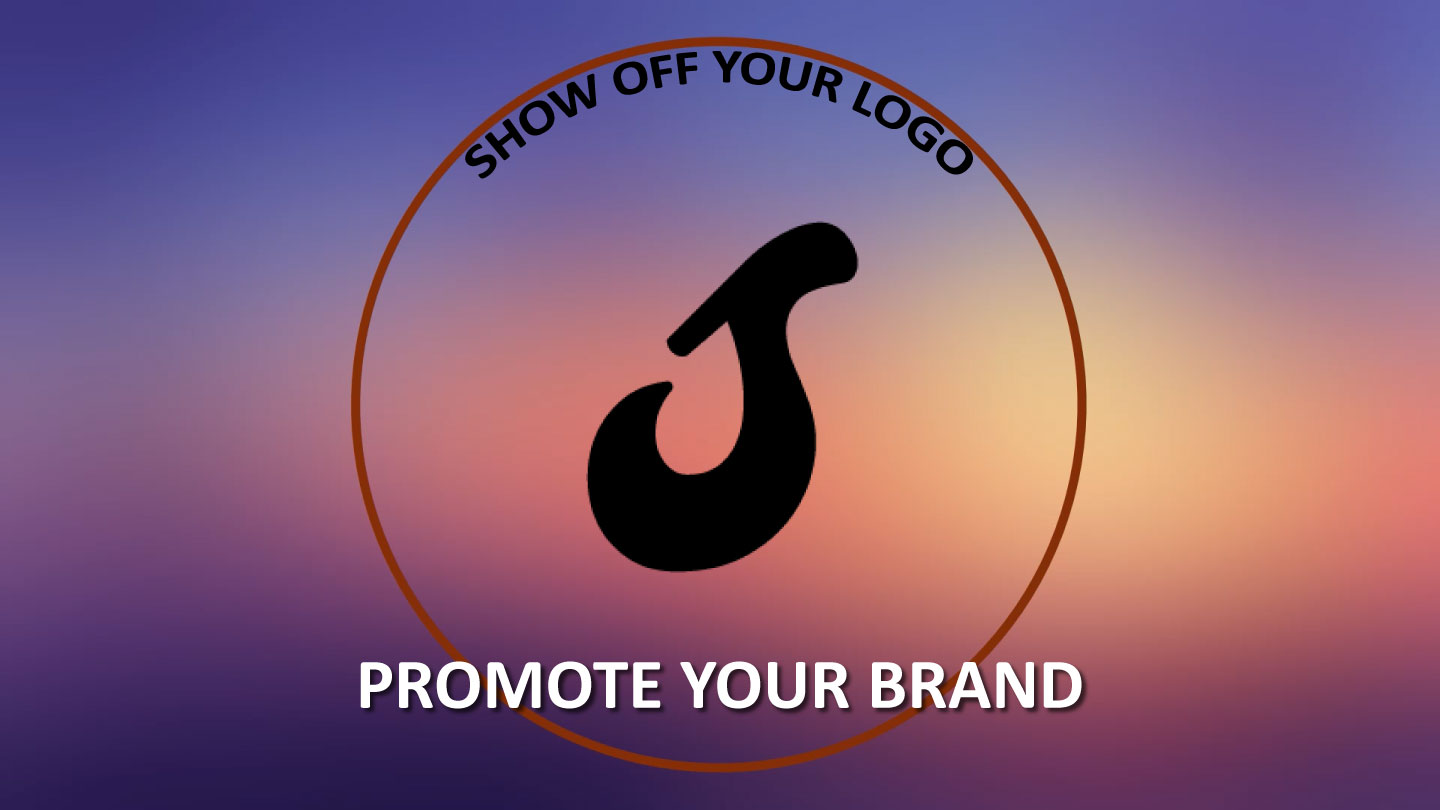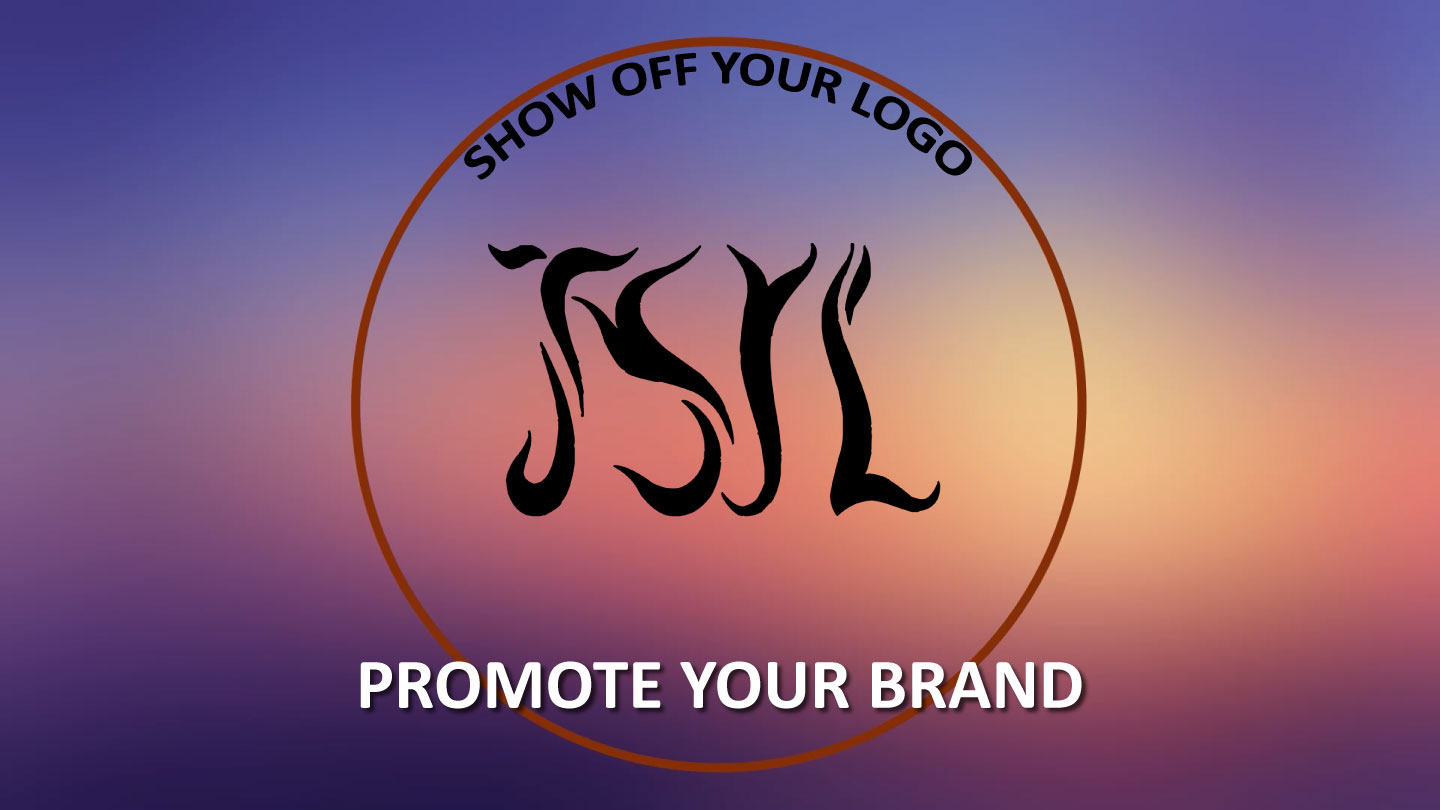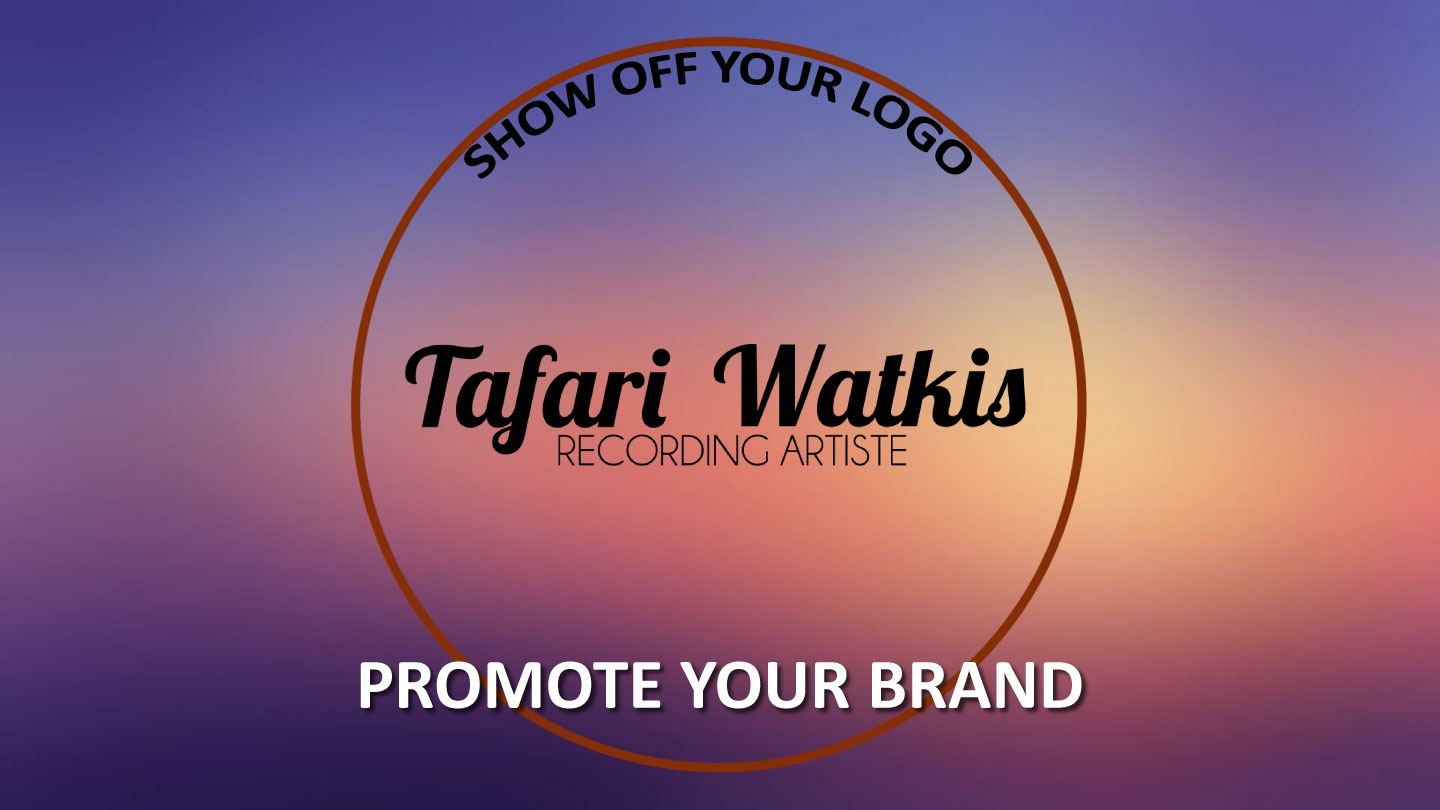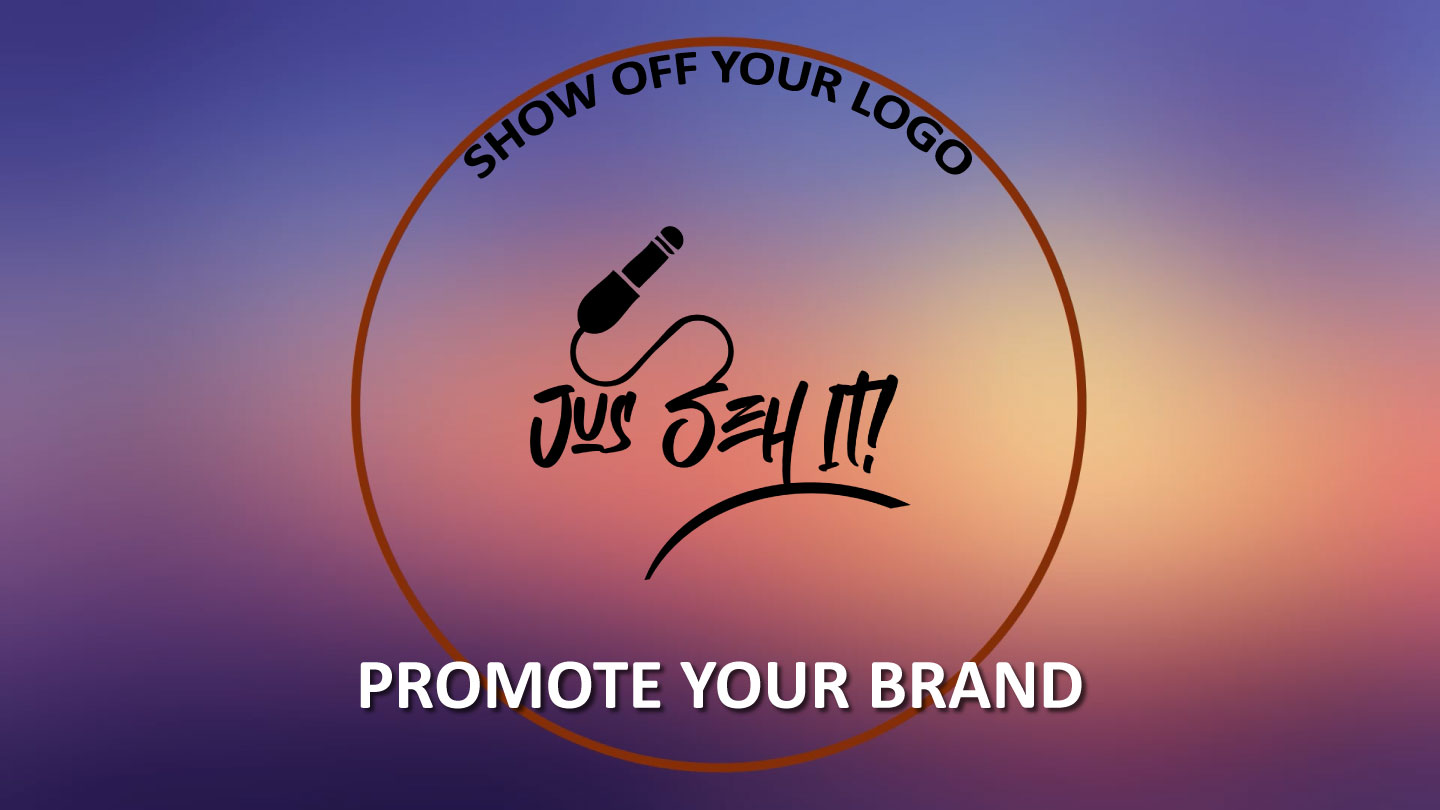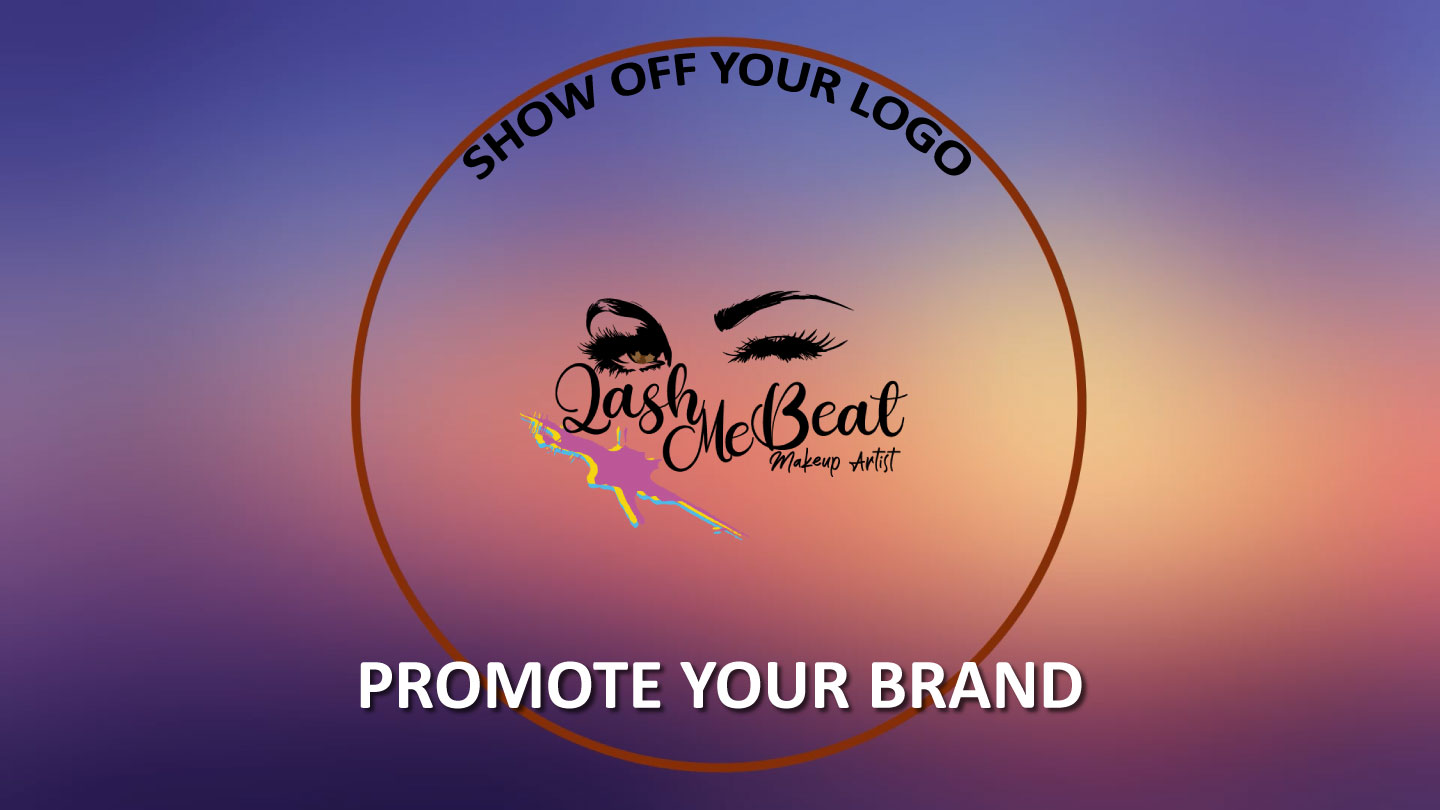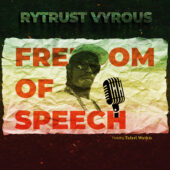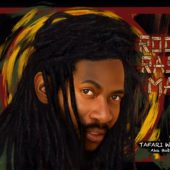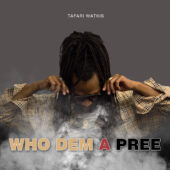How safe is Toronto’s music scene?
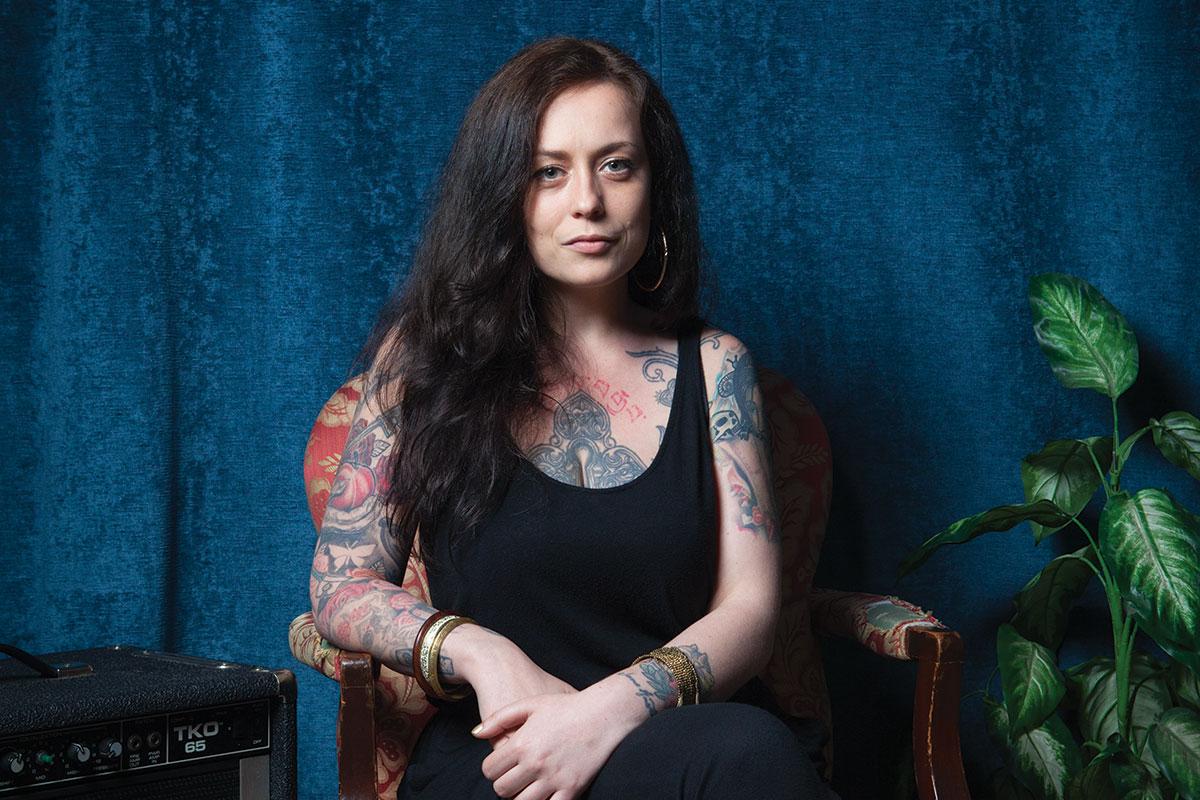
If a reckoning is coming for sexual misconduct, it will take the entire community, from showgoers to venue owners, to make it happen
Viktoria Belle says 36 music venues signed up for anti-sexual-violence training from The Dandelion Initiative, but only three so far have completed it.
The first time Jane* went to Bloor and Bathurst event venue Coda, the now 30-year-old woman says she was physically and verbally harassed by the same man for 20 minutes before she reached her breaking point and screamed.
“He was non-consensually touching me – hand on my back, arm, waist, hip, arm around my shoulders… I had to push his hand off me, grab him by both shoulders, look him dead in the face and shout, ‘Do not speak to me or touch me again.’”
Kaitlin*, 37, recounts a similar experience at the Great Hall on Queen West several years ago. “Even thinking about it right now makes me really tense. It was incredibly violating and disgusting,” she says, of being groped by a stranger in the crowd. Her friends alerted a security guard, who was able to find the man and eject him.
Sexual harassment and assault – both of which fall into the ever-ballooning term “sexual misconduct” – have become ubiquitous topics in the Toronto music scene as patrons, promoters, musicians and venue staff reconcile news stories and whispers coming to light.
In February, Lucan Wai, co-owner of prominent west-end concert venue the Smiling Buddha (Wai also co-owned the Central prior to its closure) was charged with one count of sexual assault. Many musicians and promoters, including those affiliated with Canadian Music Week and Venus Fest, pulled their shows from the venue. Matt Sandrin, the venue’s booker and lead talent buyer, also quit in the wake of the charge.
In 2015, a man was sexually assaulted at knifepoint in the bathroom of Kensington Market venue Double Double Land. In response, management made structural changes including the installation of safety buzzers in the bathroom, better lighting around the bathroom and dance floor, and additional security. Double Double Land and other venues began hanging posters distributed by advocacy group Noise Against Sexual Assault (NASA) on its premises. The posters read: “No racism. No sexism. No homophobia. No transphobia. No violence. No sexual violence. No emotional violence. No ableism. Yes respect. Yes you.”

A poster provided by NASA, hanging on the wall of a music venue.
The city’s various music communities are, for the most part, having discussions about sexual assault. For some, that conversation began last fall, alongside the resurgence of the #MeToo movement. For others, it’s long been a concern of tremendous urgency, fought with quiet community policies and warnings scribbled in Sharpie on bathroom stall walls. But despite the increase in bandwidth, significant reckoning has yet to be seen.
“I don’t think we are doing enough,” says Emma*, a bartender and promoter who has worked at two Toronto music venues. She recalls a former employer laughing when she told him a customer had groped her. “The experience of going to a packed show has not really gotten any safer…. People will do what they can get away with.”
Many venues and promoters now append some variation of a safe space warning to their posters and Facebook event pages – the Facebook page for Telephone Explosion’s 10th anniversary show includes a “Bad vibes not tolerated” caveat, for example, and Forth Collective’s event emails note that “ignorance or intoxication are not an excuse for harassment” alongside a promise to remove any guest who behaves unacceptably.
Local promoters and collectives such as Yes Yes Y’all and Posi Vibez also operate with safety and inclusivity as top priorities. Manifesto keeps certified counsellors on hand at “higher-risk” events, such as those held in crowded public spaces. This year, the festival is implementing a designated space for women-identified, transgender and gender-non-conforming patrons.
Jen Fox, operations manager of NXNE, says that 25 members of this year’s festival staff, including senior production team managers, stage managers and the volunteer coordinator, will complete training with the Dandelion Initiative, a local non-profit created by Viktoria Belle.
Launched in 2016, the Dandelion Initiative (formerly the Sexual Assault Action Coalition) is a survivor-led organization whose main focus is training service-sector staff on anti-sexual-violence protocol. Prior to launching the project, Belle worked in the bar and service industry for a decade. She also plays in the local band Meanwood.
Similar to initiatives like Good Night Out Vancouver, which saw low participation despite offering fully subsidized anti-sexual harassment and assault training to officially sanctioned JUNOFest venues in March, the Dandelion Initiative aims to make its training as accessible as possible. But Belle, too, has been met with resistance.
“There’s a lot of stigma around this kind of training and around these conversations. Everybody feels they’re being punished,” says Belle. “And that’s absolutely not our mandate.”
A recent survey conducted by the Ontario Ministry of the Status of Women found that only 64 per cent of Ontarians strongly agree they have an obligation to intervene if they witness an act of sexual violence, and only 58 per cent if they witness an act of sexual harassment. In 2016, the ministry announced $1.7 million in provincial funding toward training frontline workers, including those within the hospitality sector, on how to identify and intervene in cases of sexual misconduct.
When it comes to artists and promoters, local DJ/producer Bambii says that it helps to have explicit conversations before events. She schedules meetings with both the venue owner and the security team to make sure everyone is prepared and on the same page.
“If you need specific things from security, or you need gender-neutral washrooms, you need to make sure that the venue owner knows,” she says.
If promoters, bartenders, patrons, musicians and a dutiful faction of venue and event staff care about eradicating sexual assault, why does the crisis remain?
Aerin Fogel, the founder and director of feminist music festival Venus Fest, who also performs as Queen of Swords, says it is venue owners who hold the keys to real progress. “Venues should be responsible for [safe space training], because they profit from the establishment. There is currently nothing in place that makes this mandatory. So it only happens at venues like Handlebar, where the management has gone out of its way to establish safety for the community.” She adds that promoters and bookers can choose to exclusively program venues whose policies they support.
As of now, 36 Toronto establishments have signed up for Dandelion Initiative training. Only three, however – Double Double Land, Apartment 200 and Civil Liberties – have followed through and successfully completed it. Tranzac is scheduled to complete it in the coming weeks.
Sexual misconduct prevention training has never been more available. And yet, music venue owners often don’t seem interested until it’s too late.
“All of us can agree that sexual assault and sexual violence are pervasive and shouldn’t be normalized, and shouldn’t be happening,” says Belle. “But nobody wants to be proactive about how we change that. I am literally hounding people.”
Dandelion Initiative training is offered on a sliding scale “community pricing” basis, intended to cover the cost of materials and the labour of facilitators. When a venue approaches Belle about training, she asks what they can realistically afford. Depending on the number of participants, the cost typically runs between $500 and $700 for a three-hour session. On occasion, Belle has offered it for less.
Most of the dozen prominent music venue owners (whose venues range from about 100 to 1400 capacity) contacted for this story did not respond to multiple interview requests over the course of a month. Belle says this silence is not surprising. “People don’t want to talk about it,” she says.
A recent session attended by the owners and staff of a well-known Toronto music venue group ended early because the owners became hostile regarding use of the word “privilege.”
“Everybody says they want to have a safer space,” says Belle. “So then what’s the real issue here? Is it money? Is it PR? Is it fear? Are you scared that we’re going to find something out? Staff disclose all kinds of things to us during training. What they disclose stays in that room. We’re not there to punish people. We’re there to proactively meet people where they’re at and educate them to do better.”
“The conversation around safer spaces and gendered violence is farther along in Toronto than in other cities, in terms of the dialogue,” says Bambii. “In Berlin, where I am right now, the average person is having fewer conversations about it, but the infrastructure is much tighter because the club culture is more advanced. They have way more security. They’re very regimented. It’s not something that they’re just arguing about on Facebook.”
Budget limitations seem an obvious rationale, but frontline workers aren’t buying it. “Venues say, ‘It’s going to cost us money to do this training’. Well, what money is it costing you that every woman is tweeting and DM-ing each other or writing on a bathroom wall, ‘Don’t go here’?” says Kira-Lynn Ferderber, a sexual violence prevention educator who specializes in working with music festivals. Ferderber created the Ottawa-based Project SoundCheckprogram, as well as the Safer Scenes initiative, for which she travelled with Warped Tour to 39 cities across the United States in 2017.
Ferderber posits that bars and venues profit from the idea of patrons’ sexual availability, and has observed some owners squirm at the optics of having a “safe space” sticker in the window, lest their venue be known as prudish or not fun.
“Every venue has a fire exit sign,” says Ferderber. “We don’t say, ‘Oh what, this place has a lot of fires?’ We have defibrillators at every festival. It’s part of the safety strategy. So this idea that [safe space protocol] is a buzzkill? Whose fun is consent ruining? Whose fun is ending harassment against women ruining? Harassers? Predators? You put your liquor licence up, and your wet floor sign, but this is too much of an encroachment? This is the one thing that’s too much for you?”
Music events are common sites of sexual harassment and assault. A study conducted by the Ottawa Hospital found that approximately 25 per cent of sexual assault cases treated by its staff in 2013 occurred at large events. Earlier this year, amid widely reported allegations of sexual misconduct against Hedley, the former general manager of now-defunct London, ON, music venue the Embassy was quoted in Exclaim! saying that in 2005, members of the band prevented him from entering the green room after a show. Later, the police found an unconscious young woman barefoot outside a nearby bank. Her shoes were found inside that green room, according to Exclaim!
In 2016, Dundas and Ossington music venue the Painted Lady was criticized after security failed to handle a drugging allegation. Its owners released a statement saying that “a long list of suggestions to prevent these things in the first place” should be followed by “all who go out to party these days.” Many perceived the statement as victim-blaming.
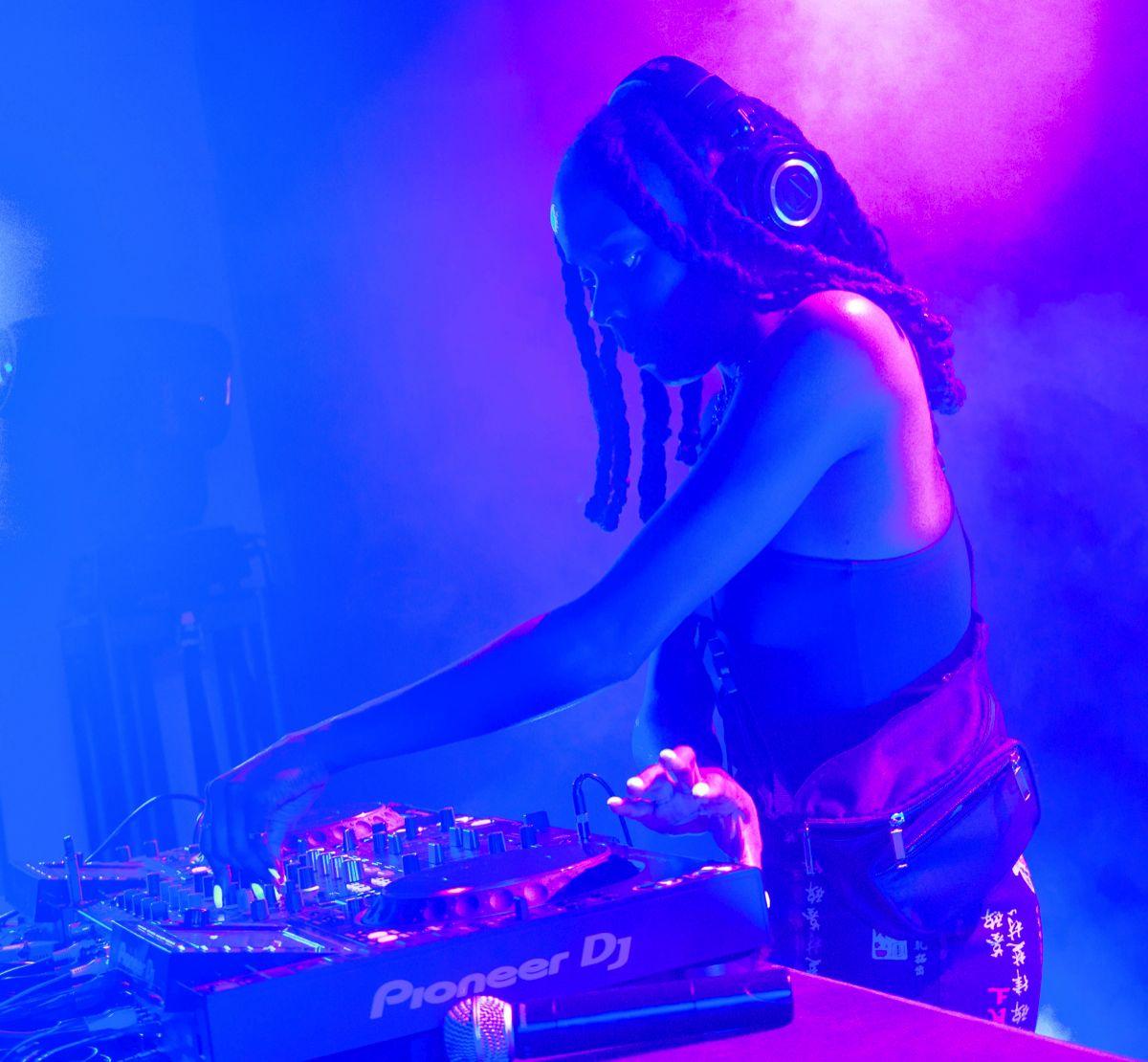
Yannick Anton
At Canadian Music Week last month, a presentation called Creating Consensual Music Scenes For All, led by American advocacy groups Our Music My Body and Rape Victim Advocates, was attended by approximately 20 people in a sea of empty seats. The presentation offered practical ideas such as not booking bands “who excuse or ignore sexual violence.” The more palatable, vague, empowerment-themed The Future Is Female panel, made up of prominent (and entirely white) women from executive levels of the radio sector, however, was so packed that the audience overflowed into the lobby.
Public concern is growing, but right now, the burden of venue safety is largely carried by people who’ve self-designated as vigilant: concert-goers who keep a watchful eye, promoters and DJs who abide individual moral codes, and bartenders who’ve taken it upon themselves to double as security. Without shared, comprehensive protocol enforced by venues, staff are left to fumble.
As long as vigilance remains a mostly underground methodology (which includes whisper networks and shared lists of alleged abusers), those who practice it are vulnerable to becoming targets of backlash and harassment themselves.
Powerful industry gatekeepers, from venue owners upwards, have the dominion to enact real change, but they have to engage with the topic beyond a wilfully basic level that doesn’t violate their comfort – nor their profit. “Venue owners have the power to deal with [sexual misconduct], but they don’t want anything to threaten their party culture,” says Emma.
Ultimately, the crisis cannot be blamed on venue owners alone. The problem is systemic, and thus a workable solution requires the whole village – musicians, patrons, booking agents, venue staff – to make a choice against complacency.
For all the efforts happening on ground level, change requires the participation of those in ownership positions to take responsibility for the spaces they profit from. Everyone else must continue to demand that they do.
“People underestimate how much power they have,” says Bambii. “Venue owners are gatekeepers, but without us they’re not making any money.”
source:
music@nowtoronto.com | @carlylewis
*Names changed to protect sources from harassment


